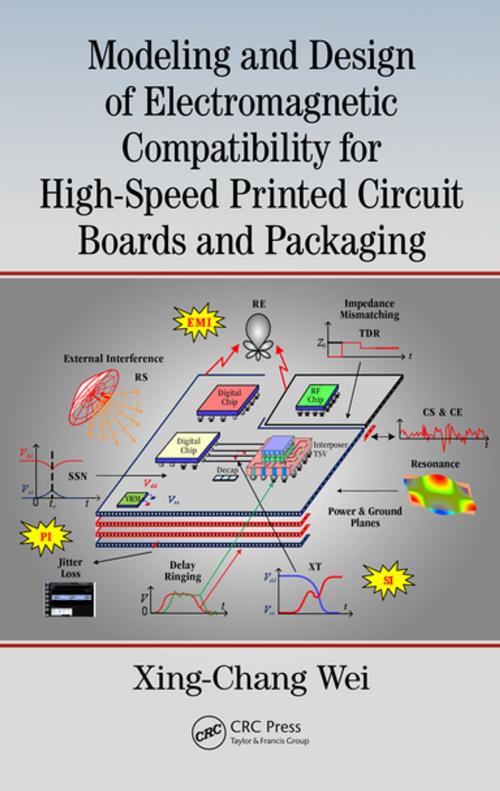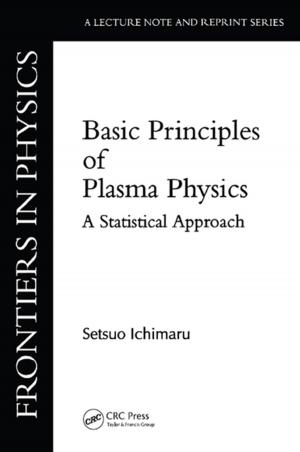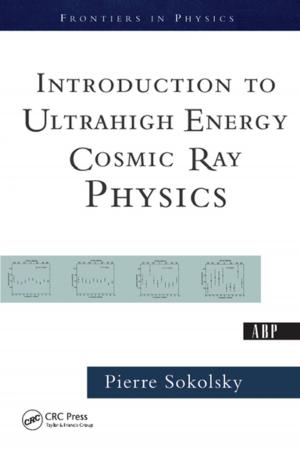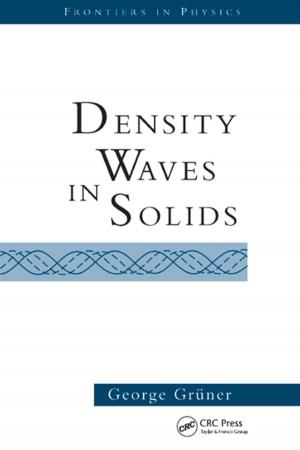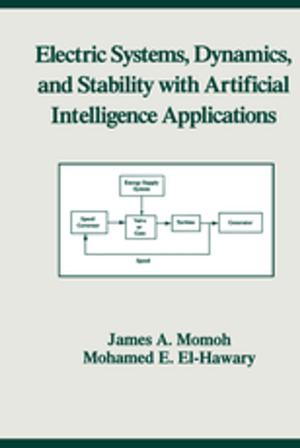Modeling and Design of Electromagnetic Compatibility for High-Speed Printed Circuit Boards and Packaging
Nonfiction, Science & Nature, Technology, Microwaves, Computers, Computer Hardware, Microprocessors, Electronics, Circuits| Author: | Xing-Chang Wei | ISBN: | 9781315305851 |
| Publisher: | CRC Press | Publication: | September 19, 2017 |
| Imprint: | CRC Press | Language: | English |
| Author: | Xing-Chang Wei |
| ISBN: | 9781315305851 |
| Publisher: | CRC Press |
| Publication: | September 19, 2017 |
| Imprint: | CRC Press |
| Language: | English |
Modeling and Design of Electromagnetic Compatibility for High-Speed Printed Circuit Boards and Packaging presents the electromagnetic modelling and design of three major electromagnetic compatibility (EMC) issues related to the high-speed printed circuit board (PCB) and electronic packages: signal integrity (SI), power integrity (PI), and electromagnetic interference (EMI). The emphasis is put on two essential passive components of PCBs and packages: the power distribution network and the signal distribution network. This book includes two parts. Part one talks about the field-circuit hybrid methods used for the EMC modeling, including the modal method, the integral equation method, the cylindrical wave expansion method and the de-embedding method. Part two illustrates EMC design methods and explores the applications of novel metamaterials and two-dimensional materials on traditional EMC problems.
This book is designed to enhance worthwhile electromagnetic theory and mathematical methods for practical engineers and to train students with advanced EMC applications.
Modeling and Design of Electromagnetic Compatibility for High-Speed Printed Circuit Boards and Packaging presents the electromagnetic modelling and design of three major electromagnetic compatibility (EMC) issues related to the high-speed printed circuit board (PCB) and electronic packages: signal integrity (SI), power integrity (PI), and electromagnetic interference (EMI). The emphasis is put on two essential passive components of PCBs and packages: the power distribution network and the signal distribution network. This book includes two parts. Part one talks about the field-circuit hybrid methods used for the EMC modeling, including the modal method, the integral equation method, the cylindrical wave expansion method and the de-embedding method. Part two illustrates EMC design methods and explores the applications of novel metamaterials and two-dimensional materials on traditional EMC problems.
This book is designed to enhance worthwhile electromagnetic theory and mathematical methods for practical engineers and to train students with advanced EMC applications.
